Mozambique: 40 health professionals trained by Turkish Agency
Mozambique has 345,000 IDPs – UN OCHA

File photo: OCHA
The total number of internally displaced persons (IDPs) in Mozambique is 345,000, the majority (250,000) in Cabo Delgado, in the north of the country, according to the United Nations Office for the Coordination of Humanitarian Affairs (UNOCHA).
“The humanitarian situation in Cabo Delgado province of Mozambique has deteriorated significantly over the last eight months, due to consecutive climatic shocks, insecurity and violence, leading to wide displacements of people, disruption of livelihoods and lack of access to basic services,” reads a report from the United Nations Office for the Coordination of Humanitarian Affair (UNOCHA) released on Thursday (September 10).
There are an estimated 250,000 displaced people in Cabo Delgado, affected by the conflict between armed rebels and Mozambican forces, as well as another 95,000 in the centre of the country as a result of natural disasters (cyclones and floods) and attacks by ex-guerrillas.
“More than 250,000 persons are displaced by violence in Cabo Delgado, with spill-over effect in Nampula and Niassa provinces. Protection of displaced people and host communities is needed to avoid recruitment of children into armed groups, kidnapping of women and girls and abuse of power by security personnel.”
“Partners and local authorities are currently conducting assessments across the northern region (mainly Cabo Delgado, Nampula and Niassa districts), to identify new sites for relocation/resettlement of IDPs”.
“It is estimated that 350,000 people are critically isolated due to physical access constraints in Macomia, Meluco and Quissanga districts, while 550,000 people are moderately isolated in Mocimboa da Praia, Mueda, Muidumbe, Nangade and Palma”.
“There are more than 95,000 IDPs in Central Mozambique to date and continued advocacy is needed to ensure sustainable durable solutions for them. Main needs include, but are not limited to, lack of durable shelter and limited access to income generating activities. Centrality of protection must be ensured throughout the entire emergency response cycle, including the recovery phase,” the report reads.
The response to UN calls for financial support to Mozambique to tackle Covid-19 and armed attacks in Cabo Delgado ranges from 19% to 58%, respectively, almost three and a half months after they were launched.
In coordination with the Mozambican government, the United Nations on June 4 launched an appeal to international partners to raise US$68.1 million (€57.3 million) for urgent support to combat Covid-19, and has already received US$13.2 million (€11 million), or 19%.
The plan to tackle Covid-19 is expected to reach, by December, about three million people out of a total of eight million that the UN estimates need help, in an operation involving 57 sector partners, giving priority to strengthening health services and solutions for the problems of vulnerable groups.
At the same time, another appeal was launched to support those displaced by armed violence in Cabo Delgado in the amount of US$35.4 million (€29.7 million), having received US$20.7 million (€17.4 million), that is, 58%.
In addition to the displaced, the appeal takes into account the host communities, which are also already impoverished, with an estimated 712,000 people in need of help. The plan aims to support 354,000, or about half of these, by the end of the year.


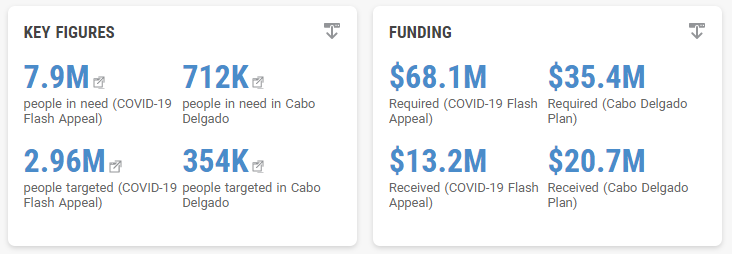
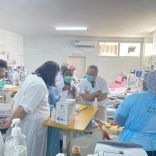
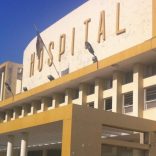
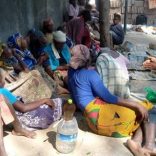
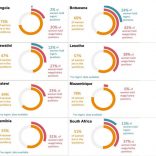
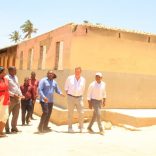
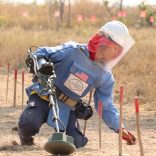




Leave a Reply
Be the First to Comment!
You must be logged in to post a comment.
You must be logged in to post a comment.